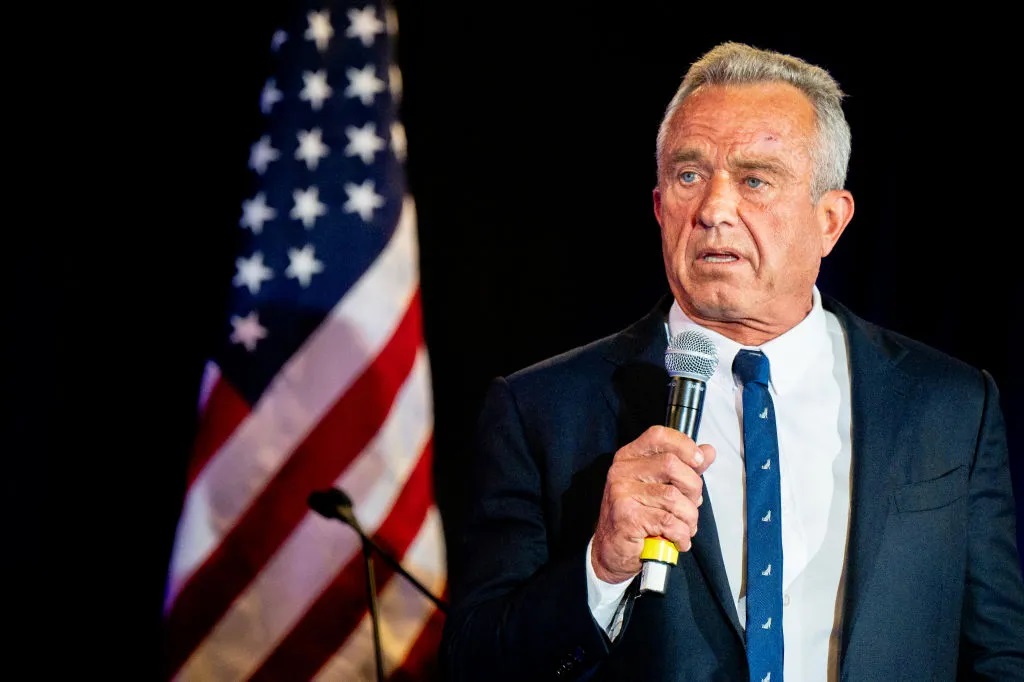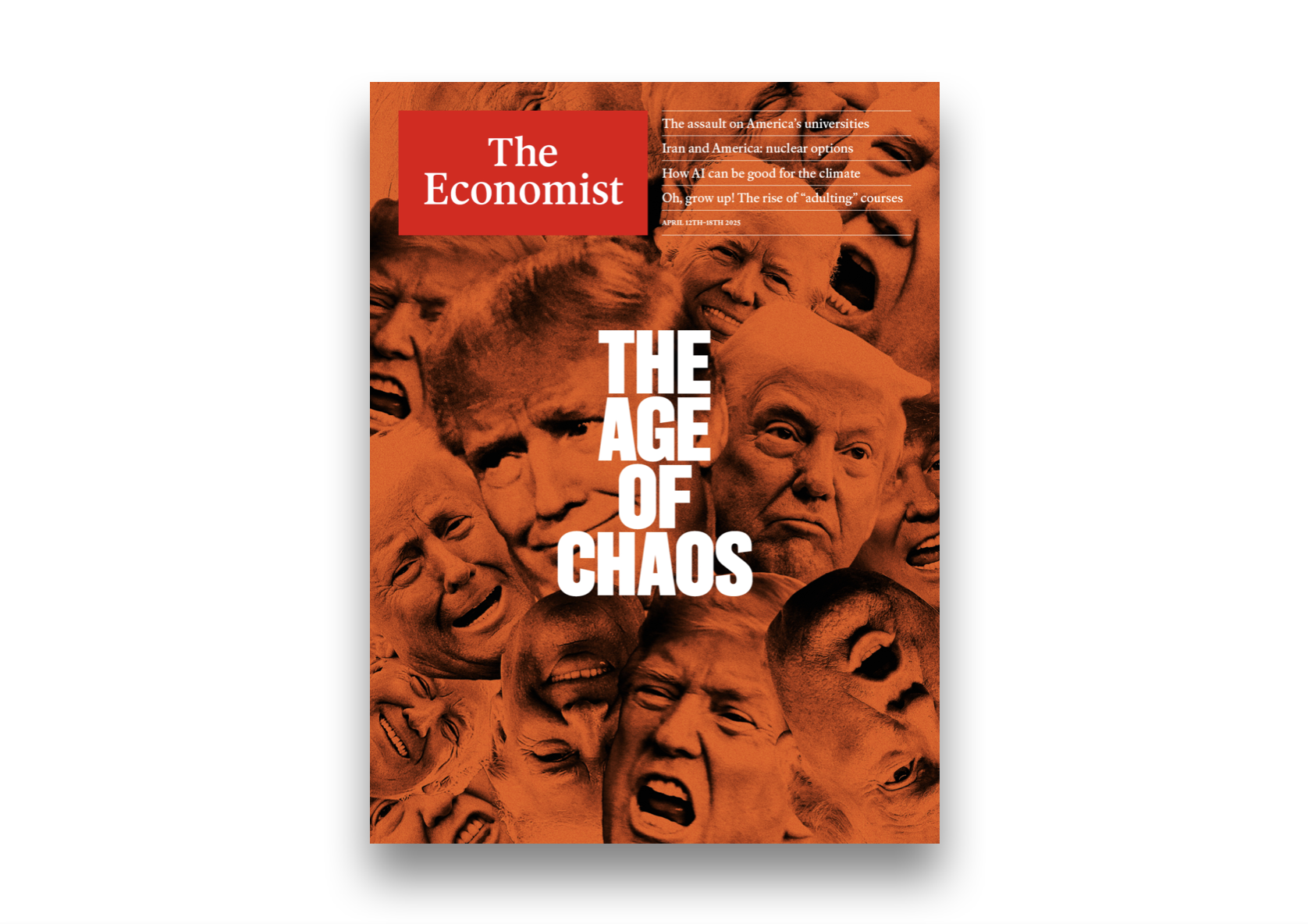As recently as July, Robert F. Kennedy Jr. was still winning up to 15 percent support as an independent candidate in some presidential polls.
Today, however, he just suspended his campaign — and, while trashing the Democratic Party he once belonged to, he endorsed Donald J. Trump for the presidency.
“In my heart I no longer believe that I have a path to electoral victory in the face of this relentless systematic censorship and media control,” he said.
The timing of the announcement, coming as it did the day after Kamala Harris accepted her party’s nomination, seems to have been designed to disrupt a favorable news cycle for the Democrats.
“How did the Democratic Party choose a candidate that has never done an interview or debate during the entire election cycle?” RFK asked. That’s a good question and one that many millions of Americans will be asking.
It’s quite something for a member of the Kennedy family, the most famous Democratic clan in history, to announce his support for any Republican, let alone Donald J. Trump. But RFK appears to have chosen his anti-establishment politics over his impeccably establishment social and familial ties.
“Three great causes drove me to enter this race in the first place,” he said. “And these are the principle causes that persuaded me to leave the Democratic Party and run as an independent, and now to throw my support at President Trump. The causes were free speech, war in Ukraine, and the war on our children.”
He may be appearing as a special surprise guest at a Trump rally this evening. And there are reports that he might have some role in a second Trump administration — in health or energy or environment.
But will Kennedy’s decision matter all that much? His campaign was already withering because he didn’t have much support — and a large proportion of the people who might have voted for him will not be willing to vote for Donald Trump.
In theory, RFK appealed to millions of so-called “double haters” — that is, Americans who can’t stand Donald Trump and Joe Biden. In practice, as the election grew closer, his candidacy was always going to whither away. He never had the money to challenge the Democratic and Republican machines, even after he made the tech billionairess Nicole Shanahan his vice presidential nominee. And after Biden withdrew his candidacy, and Harris replaced him at the top of the ticket, it’s fair to assume a number of double-haters went back to just hating Trump.
But Kennedy and Shanahan do represent a growing coalition of liberals and tech-world types (Elon Musk for one) who are disgusted by the modern Democratic Party’s drift away from free speech and towards authoritarian identity politics. Like Trump they see Harris as an agent of sinister left-wing forces. That’s what Kennedy was alluding to when he talked of “shadowy DNC operatives” dragging him through courts and the attempt to “throw President Trump in jail.”
Kennedy has been widely trashed as a crank and conspiracy theorist, but in what is certain to be an extremely tight election, his supporters could be pivotal.
The Trump campaign is now already out messaging about “unity.”
For Trump, the Kennedy brigade could be his answer to the NeverTrump Republicans who would rather vote Democrat than ever support him.
Could RFK turn to Trump be the beginning of a NeverHarris movement? Possibly. The trouble is, much like NeverTrumpism, nobody has a clear idea how many of these people there are.
This article was originally published on The Spectator’s UK website.

























